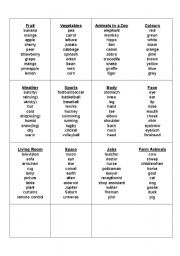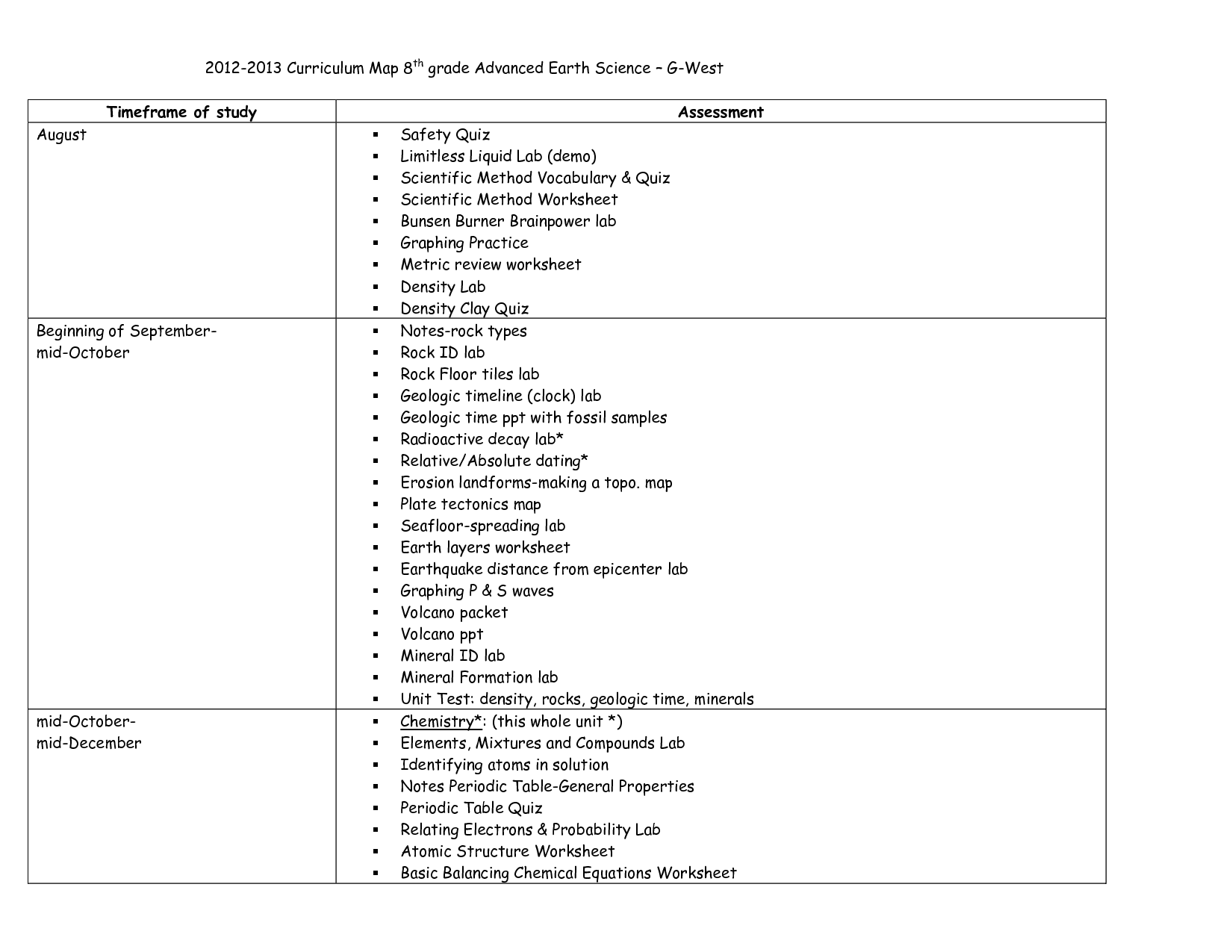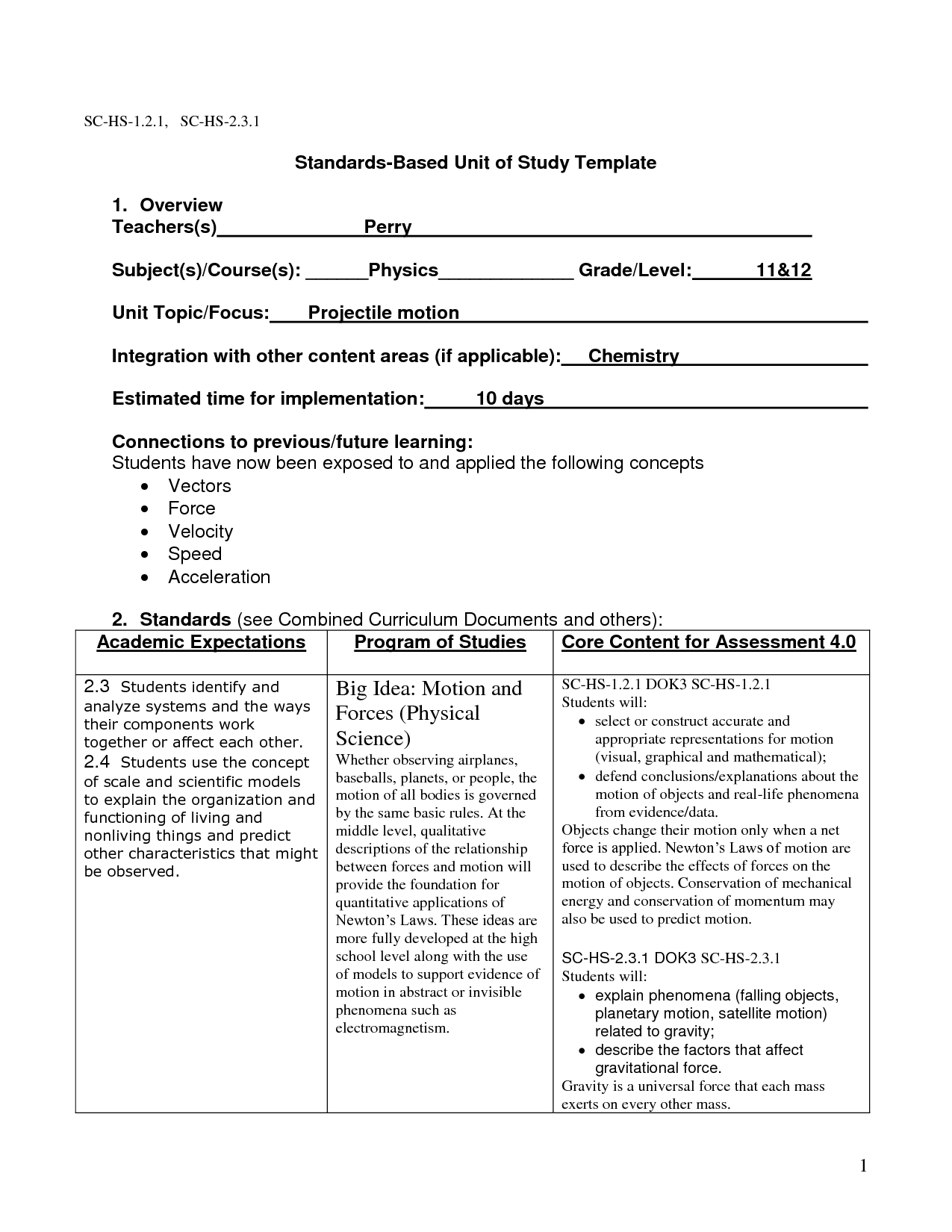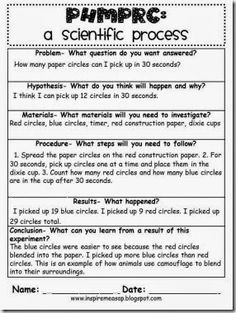Scientific Method Quiz Worksheet
Are you a science enthusiast looking to test your knowledge of the scientific method? Look no further! Our scientific method quiz worksheet is here to help you sharpen your understanding of this essential process. This worksheet provides a comprehensive overview of the scientific method and includes a variety of questions to assess your comprehension. So, if you're ready to put your scientific thinking to the test, this worksheet is perfect for you.
Table of Images 👆
More Other Worksheets
Kindergarten Worksheet My RoomSpanish Verb Worksheets
Cooking Vocabulary Worksheet
DNA Code Worksheet
Meiosis Worksheet Answer Key
Art Handouts and Worksheets
7 Elements of Art Worksheets
All Amendment Worksheet
Symmetry Art Worksheets
Daily Meal Planning Worksheet
What is the scientific method?
The scientific method is a systematic approach used by scientists to investigate and understand natural phenomena. It involves making observations, forming hypotheses, conducting experiments, analyzing data, and drawing conclusions based on empirical evidence. This method allows for the testing of hypotheses, reproducibility of results, and the advancement of scientific knowledge through a logical and objective process.
What is the purpose of an experiment in the scientific method?
The purpose of an experiment in the scientific method is to test a hypothesis by carefully controlling and manipulating variables to observe and measure their effects, in order to gather empirical evidence and draw conclusions based on objective data and observations. Experiments help scientists investigate and understand the natural world, validate or refute hypotheses, and ultimately contribute to the advancement of scientific knowledge and understanding.
What is a hypothesis?
A hypothesis is a proposed explanation for a phenomenon or a predicted outcome of a scientific study, based on observations, previous knowledge, or preliminary data. It is a testable statement that guides research and provides a framework for investigation, allowing scientists to make predictions and gather evidence to support or refute the hypothesis.
What is the difference between independent and dependent variables?
An independent variable is a variable that is manipulated or controlled by the experimenter to see its effect on the dependent variable. On the other hand, the dependent variable is the outcome or response that is being measured or observed in an experiment, and its value is dependent on the independent variable. In simple terms, the independent variable is the cause, while the dependent variable is the effect in an experiment or study.
What is the control group in an experiment?
The control group in an experiment is the group that does not receive the treatment or intervention being studied. It is used as a baseline for comparison to assess the effects of the treatment on the experimental group, which does receive the treatment. The control group allows researchers to determine whether any observed outcomes are due to the treatment being tested or other factors.
Why is it important to have a control group?
Having a control group is important in research because it helps to establish a baseline for comparison. By having a group that does not receive the experimental treatment, researchers can measure the effect of the treatment more accurately. This eliminates confounding variables and helps to determine if any observed changes are truly the result of the treatment being tested. Ultimately, a control group provides a reference point to assess the validity and effectiveness of the experiment.
What is the role of data analysis in the scientific method?
Data analysis plays a crucial role in the scientific method as it involves the processing, interpretation, and evaluation of collected data to draw meaningful conclusions and test hypotheses. By analyzing data, scientists can identify patterns, relationships, and trends that help them make informed decisions and support or refute their initial hypotheses. This step is essential for ensuring the validity and reliability of scientific findings, as it allows researchers to objectively assess the evidence and draw logical conclusions based on empirical data.
What is the significance of peer review in scientific research?
Peer review is crucial in scientific research as it ensures the quality, validity, and integrity of research findings before they are published. It involves evaluation of research by independent experts in the field who provide constructive feedback and recommendations to improve the study. Peer review helps to eliminate bias, errors, and misinformation, making sure that only credible research is disseminated to the scientific community and the public. The process also fosters collaboration, promotes scientific rigor, and enhances the overall trustworthiness of scientific knowledge.
How does the scientific method help scientists make valid conclusions?
The scientific method helps scientists make valid conclusions by providing a structured approach to conducting research and experimentation. By following a systematic process of observation, hypothesis formation, experimentation, data analysis, and conclusion drawing, scientists can ensure that their findings are based on empirical evidence and logical reasoning rather than personal bias or speculation. This rigorous methodology allows for reproducibility and validation of results, ultimately leading to reliable and credible scientific conclusions.
How does the scientific method promote objectivity in research?
The scientific method promotes objectivity in research by providing a systematic framework for planning, conducting, and analyzing experiments or studies. Through processes such as formulating hypotheses, designing controlled experiments, collecting data, and drawing conclusions based on empirical evidence, the scientific method helps researchers minimize biases and personal beliefs that could influence the outcome of the study. By following a standardized approach, scientists can replicate and verify results, leading to more credible and objective findings.
Have something to share?
Who is Worksheeto?
At Worksheeto, we are committed to delivering an extensive and varied portfolio of superior quality worksheets, designed to address the educational demands of students, educators, and parents.
























Comments